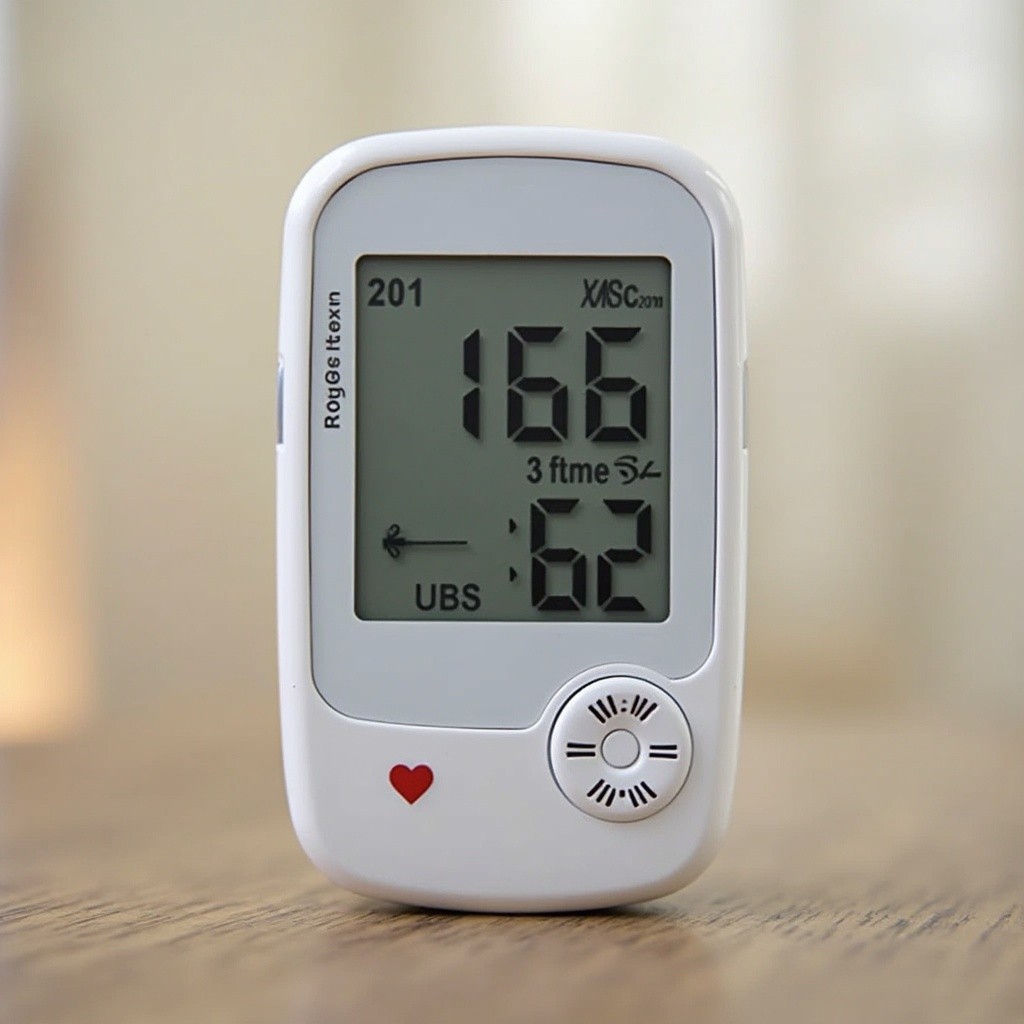With the unpredictability of Crohn's disease's flare-ups and the varied efficacy of treatments, surgical intervention often becomes a necessary avenue for managing this chronic condition. As researchers continue to explore new frontiers, combination surgeries for Crohn's have become not just feasible but also safe, offering patients hope for a better quality of life. Whether you're newly diagnosed or considering surgery options, understanding the surgical landscape of Crohn’s disease is crucial for making informed health decisions.

Understanding Crohn’s Disease
Crohn’s disease is a type of inflammatory bowel disease (IBD) that causes inflammation of the digestive tract, leading to symptoms such as abdominal pain, diarrhea, fatigue, weight loss, and malnutrition. This chronic condition can affect different areas of the digestive tract in different people, most commonly the small intestine and the beginning of the colon. Crohn's disease is typically characterized by periods of remission interrupted by flare-ups where symptoms become more intense. According to UVA Health, managing Crohn's involves a combination of medication, lifestyle changes, and sometimes surgery to reduce inflammation and alleviate symptoms.
The Role of Surgery in Treating Crohn’s Disease
While medical therapies aim to control inflammation and maintain remission, surgery is often necessary for patients with severe symptoms or complications. Surgical interventions might involve procedures like resection, where the diseased portion of the intestine is removed, or stricturoplasty, which widens a narrowed area of the bowel. Surgery can be particularly effective in treating complications such as fistulas, abscesses, or severe obstructions.
A recent study highlighted by the Cleveland Clinic showcases a novel approach—combination surgery for ileocolic Crohn's disease. This approach integrates traditional surgical methods with innovative techniques to address multiple complications concurrently, significantly improving patient outcomes and reducing recovery time. Patients considering surgery should consult with their healthcare providers to explore all available options and how they align with their medical history and lifestyle needs.
Types of Crohn’s Disease Surgery
There are several surgical techniques used to manage Crohn’s disease, each tailored to the specific needs and conditions of the patient:
- Resection: Involves removing the diseased part of the intestine and reconnecting the healthy sections. This is often used when the inflammation is localized and can be isolated along a specific part of the bowel.
- Strictureplasty: Designed to widen a narrowed area of the intestines without removing sections, thus preserving bowel length. It’s particularly beneficial because it retains as much of the bowel as possible.
- Colectomy: The surgical removal of all or part of the colon, often done when there's a risk of bowel obstruction or severe colonic involvement.
- Proctocolectomy and Ileostomy: Comprehensive removal of the colon and rectum followed by the creation of an ileostomy, where the small intestine is attached to an opening in the abdomen, enabling waste to exit the body without going through the colon.
- Fistula Repair: A repair procedure to correct abnormal connections forming between different parts of the intestine or other organs.
Understanding these procedures can help patients set realistic expectations about surgery outcomes and recovery times.
Managing Flare-Ups and Post-Surgery Care
Post-surgery, managing Crohn’s disease still involves addressing potential flare-ups and maintaining remission. This requires a multifaceted approach:
- Medication: Physicians may prescribe medications such as corticosteroids, immunosuppressive drugs, or biologics to manage inflammation and prevent flare-ups.
- Diet and Nutrition: A carefully balanced diet can help manage symptoms. Patients may need to avoid high-fiber foods, opt for low-residue diets, or increase protein intake to aid healing and minimize digestive strain.
- Regular Monitoring: Continuous health monitoring is essential to catch and manage potential complications early. Patients should work closely with their healthcare team to ensure ongoing evaluation and adjustment of their treatment approach.
- Stress Management: Stress can exacerbate symptoms, making stress management techniques such as mindfulness, therapy, or yoga invaluable for holistic care.
- Exercise: Regular, moderate exercise can improve digestive health and boost overall physical wellbeing.
According to Penn Medicine, successful management of Crohn's disease also involves the consideration of psychological and emotional support as patients navigate the complexities of living with a chronic illness.
Conclusion
Navigating life with Crohn’s disease requires a resilient partnership between patients and their healthcare providers. By understanding the full spectrum of treatment options, including surgical interventions, patients are better equipped to manage their condition effectively. The dynamic nature of Crohn's disease necessitates a comprehensive strategy involving medical treatment, lifestyle modifications, dietary adjustments, and potential surgical options tailored to individual patient needs.
As surgical techniques and medical treatments continue to evolve, those affected by Crohn's can look forward to more personalized and effective care strategies. With ongoing research and medical advancements, the quality of life for those battling Crohn’s disease stands to improve significantly, ushering in hope for better management and, ultimately, relief from the symptoms that define this challenging condition.




